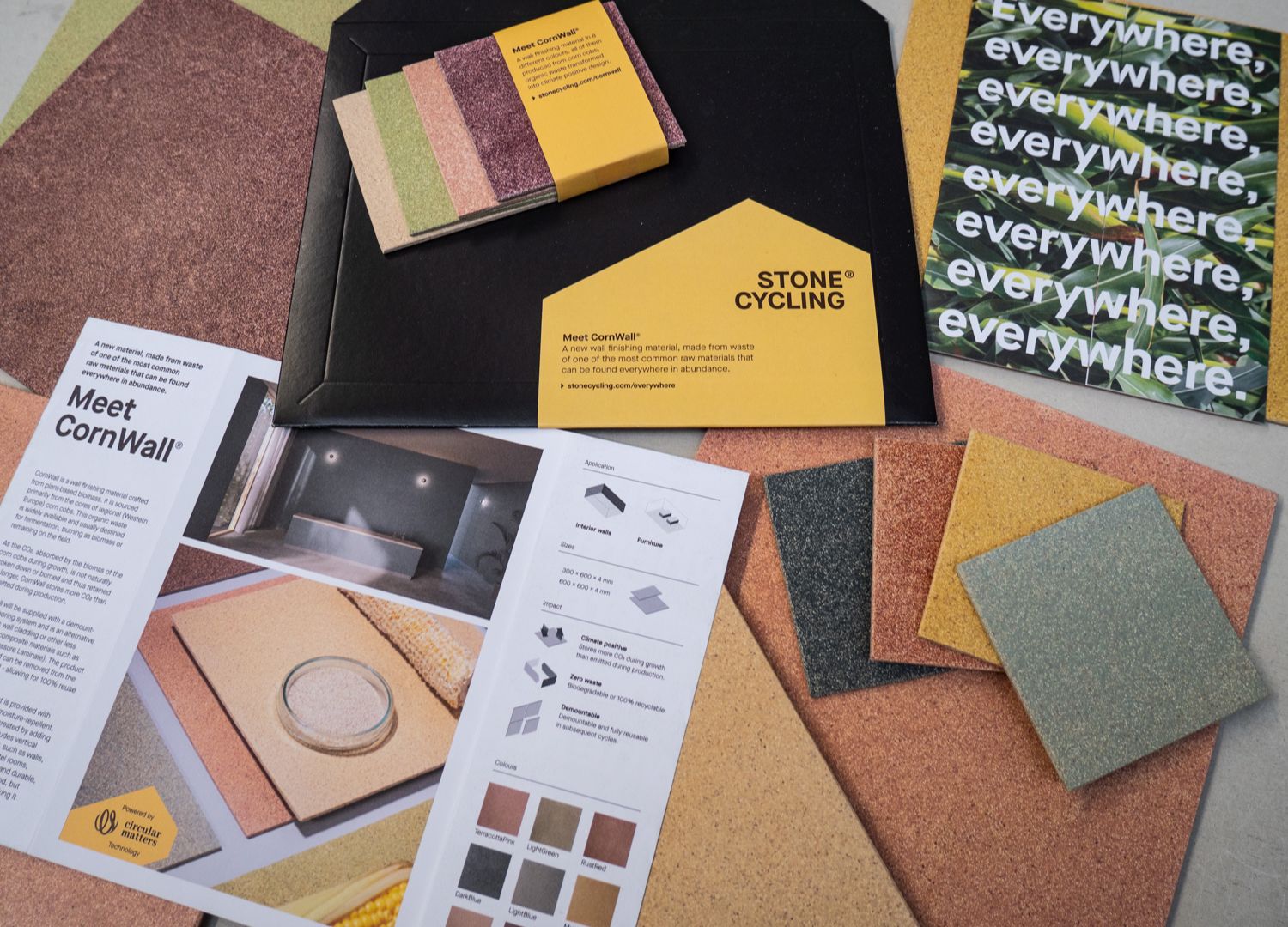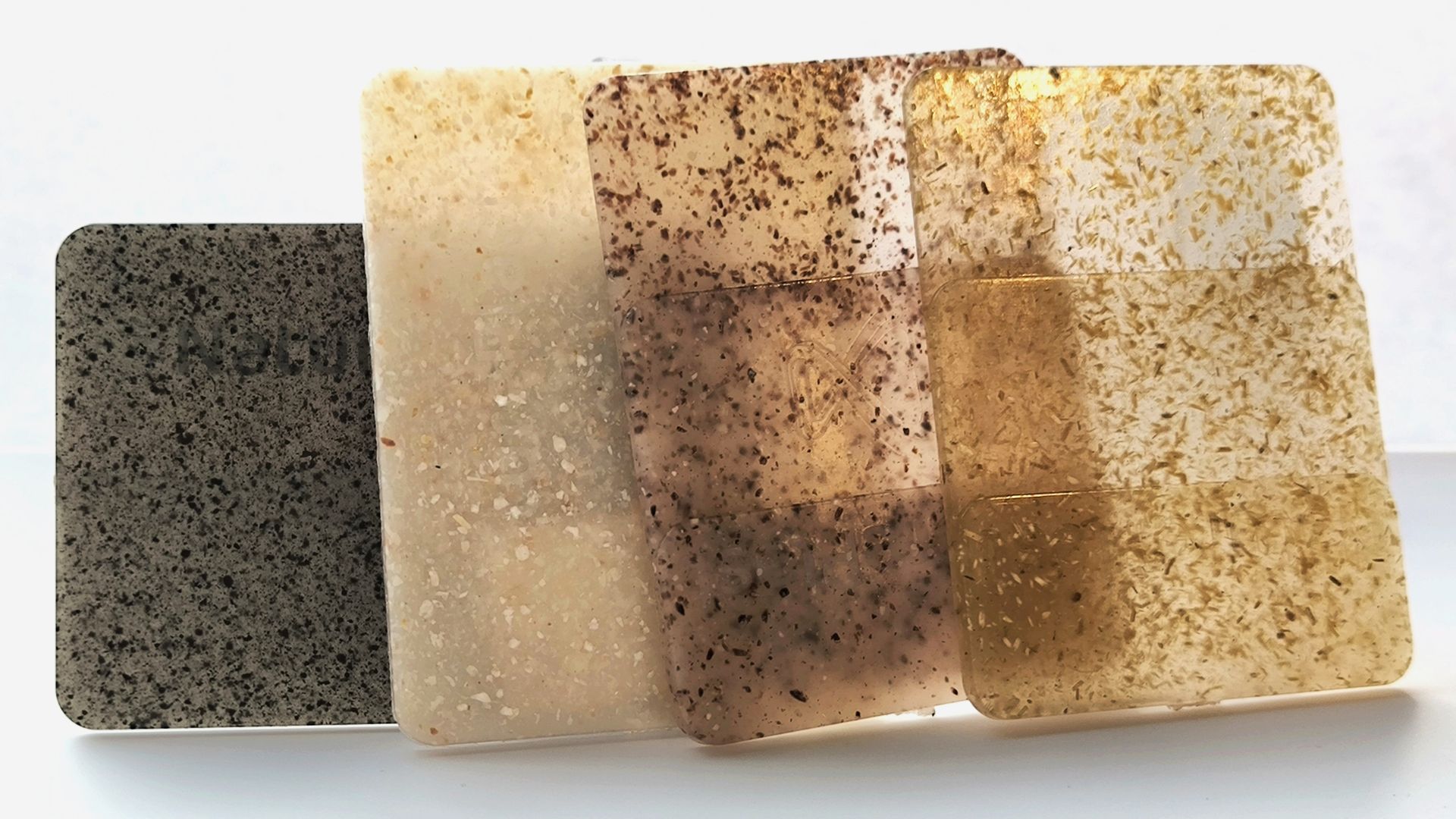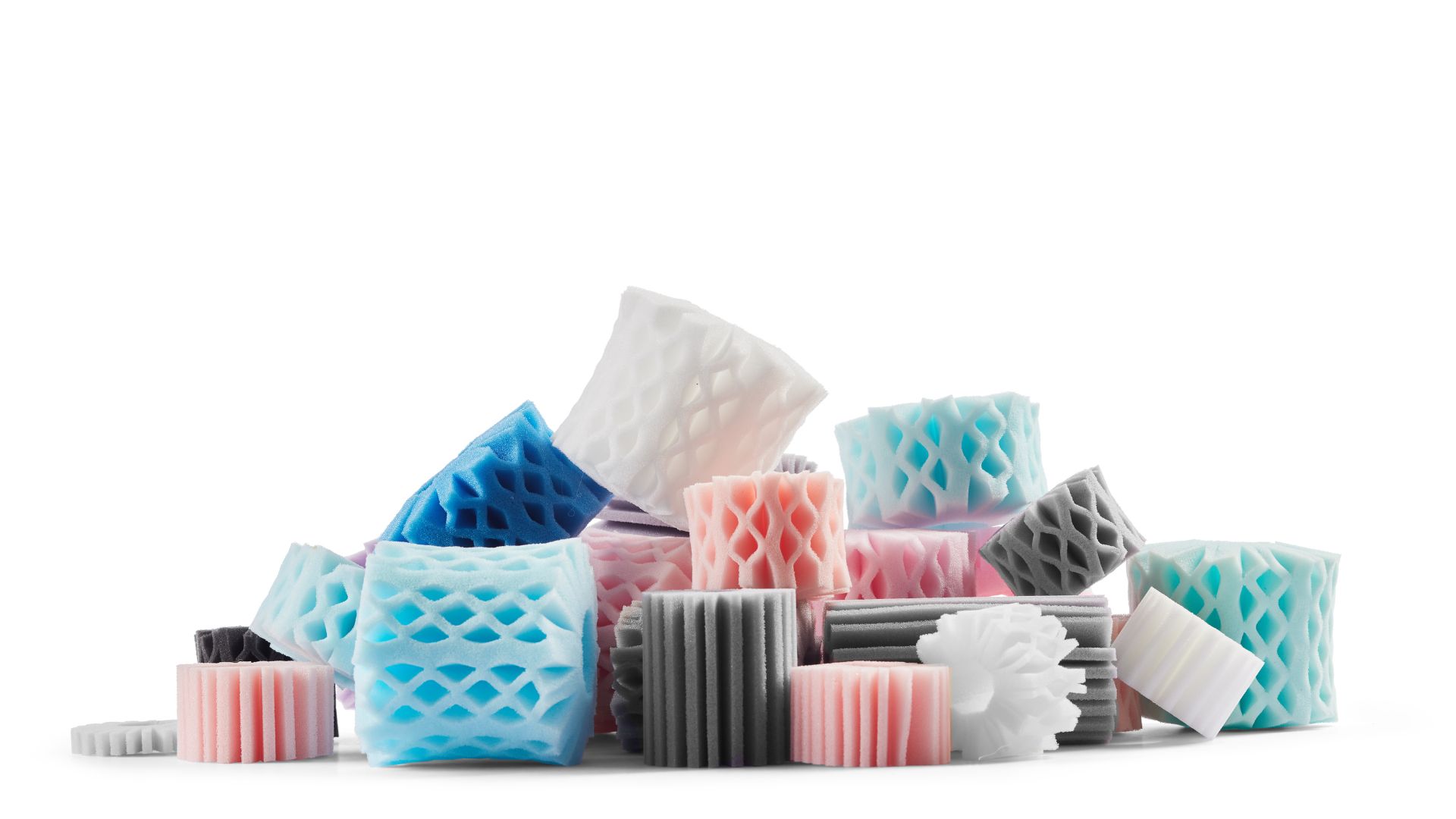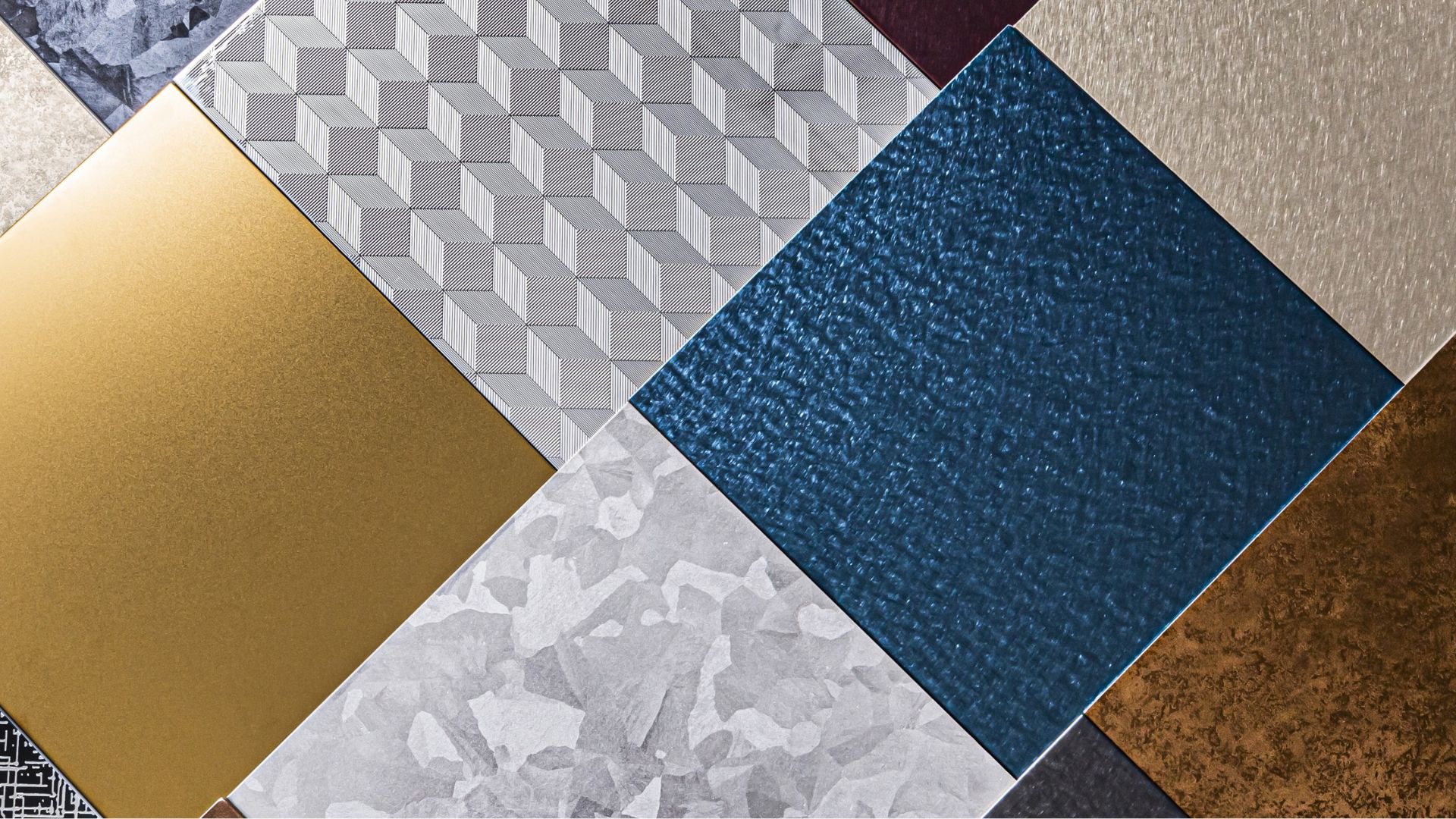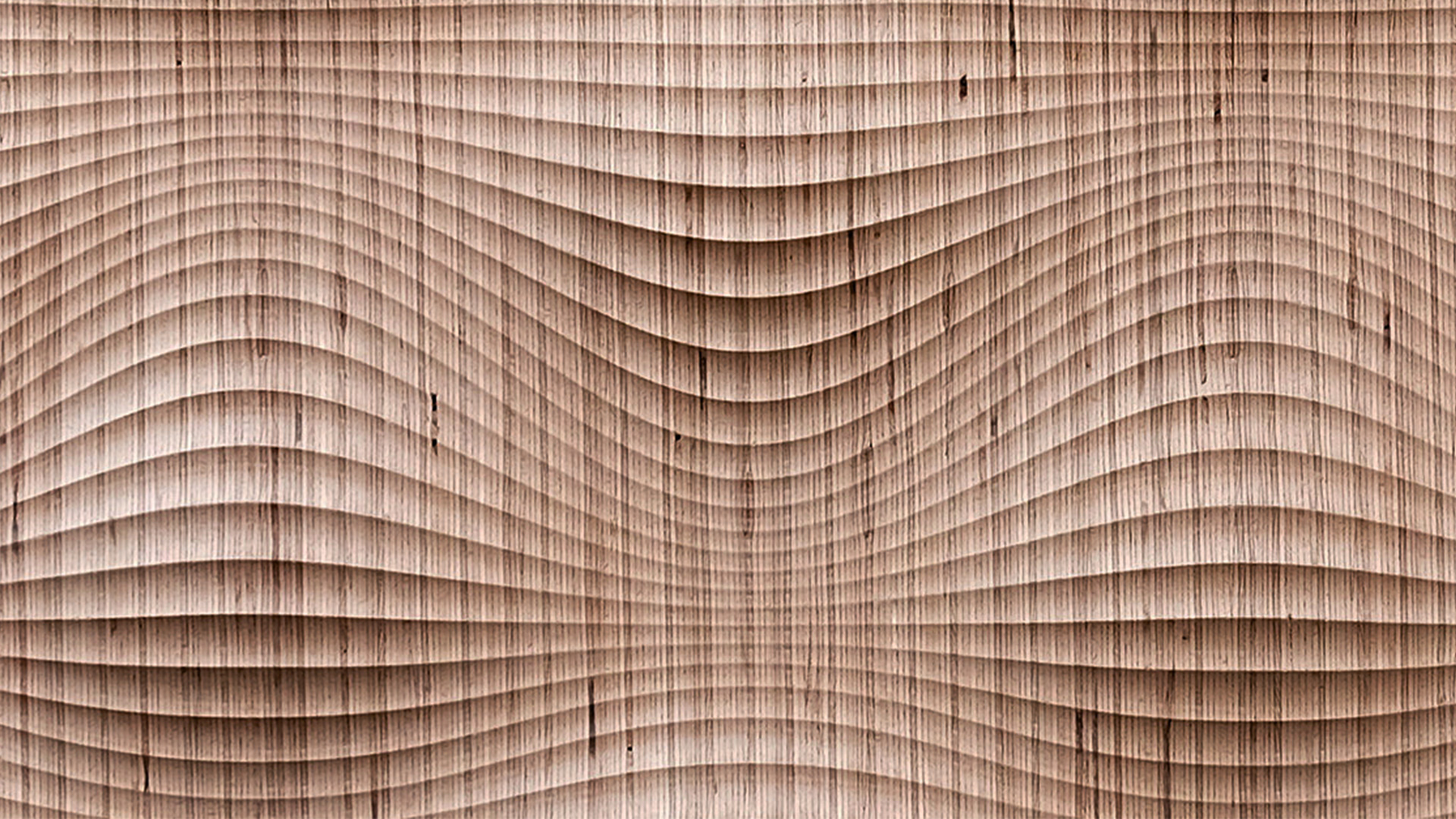CornWall stands as a beacon of innovation in sustainable construction
Crafted from organic waste, powered by renewable energy, and curated by visionary designers, it offers not just an eco-friendly alternative but a glimpse into the future of responsible architecture.

In the world of sustainable construction, innovation knows no bounds. Enter CornWall®, a remarkable breakthrough in interior wall cladding that not only redefines eco-friendliness, but also turns organic waste into climate-positive design.
Produced in Antwerp, Belgium, by Circular Matters in collaboration with StoneCycling and Studio Nina van Bart, this biodegradable material is set to reframe the way we think about building interiors.
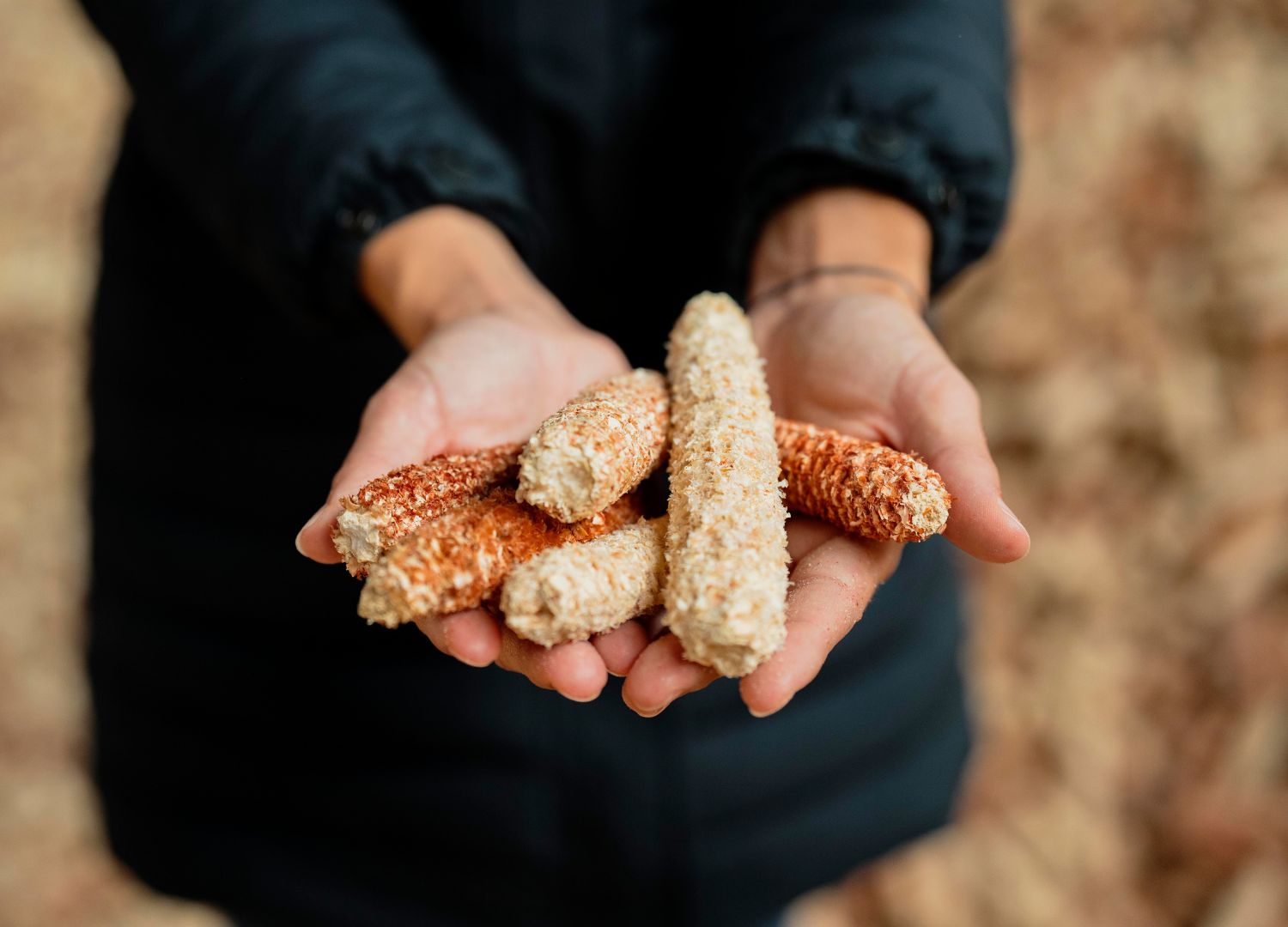
StoneCycling had its origins in the halls of the Design Academy in Eindhoven (2009-2011), The Netherlands. It all began with a passionate student, Tom van Soest, who dedicated himself to the art of upcycling by salvaging waste materials from abandoned buildings slated for demolition.
After Tom’s graduation from the Design Academy, he teamed up with his longtime friend, Ward Massa, to establish StoneCycling. In this dynamic partnership, Tom continued to excel in product development, while Ward assumed the role of the company’s astute business strategist. Together, they embarked on a journey to redefine the boundaries of sustainability in design and construction.
Crafting CornWall: a sustainable production process
CornWall is more than just a sustainable alternative; it’s a testament to the power of plants and innovation. Circular Matters employs a pressing process that utilizes organic corn cobs, otherwise destined for biomass burning or fermentation. By subjecting this organic waste to temperatures of up to 150 degrees Celsius, the polymers in the biomass activate and create strong bonds, resulting in a stable end product.
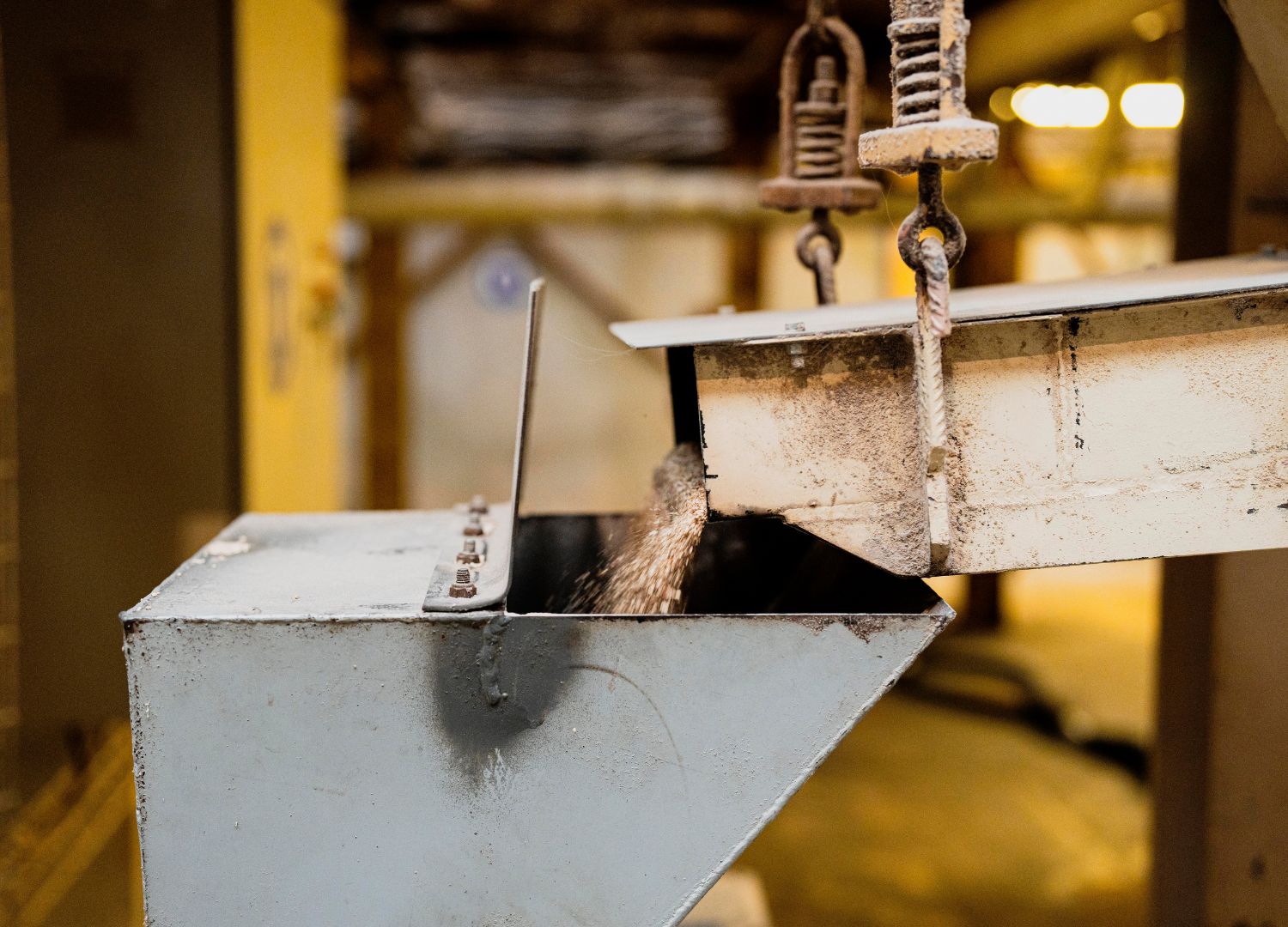
What’s truly remarkable is that this heating process is entirely electric, powered by sustainable energy, mainly sourced from solar panels on the production facility’s roof. The entire production process leaves no carbon footprint as it doesn’t require fossil fuels. It’s an inspiring example of how renewable energy can be harnessed to create eco-friendly materials.
StoneCycling’s recycling scheme: a sustainable future
Looking ahead, StoneCycling, the company behind CornWall, intends to establish a recycling scheme that allows for the return of end-of-life CornWall products. These tiles can be ground and transformed entirely into new products, ensuring that the sustainability loop remains unbroken.
This commitment to sustainability extends beyond production and into the product’s entire lifecycle, reducing waste and environmental impact.
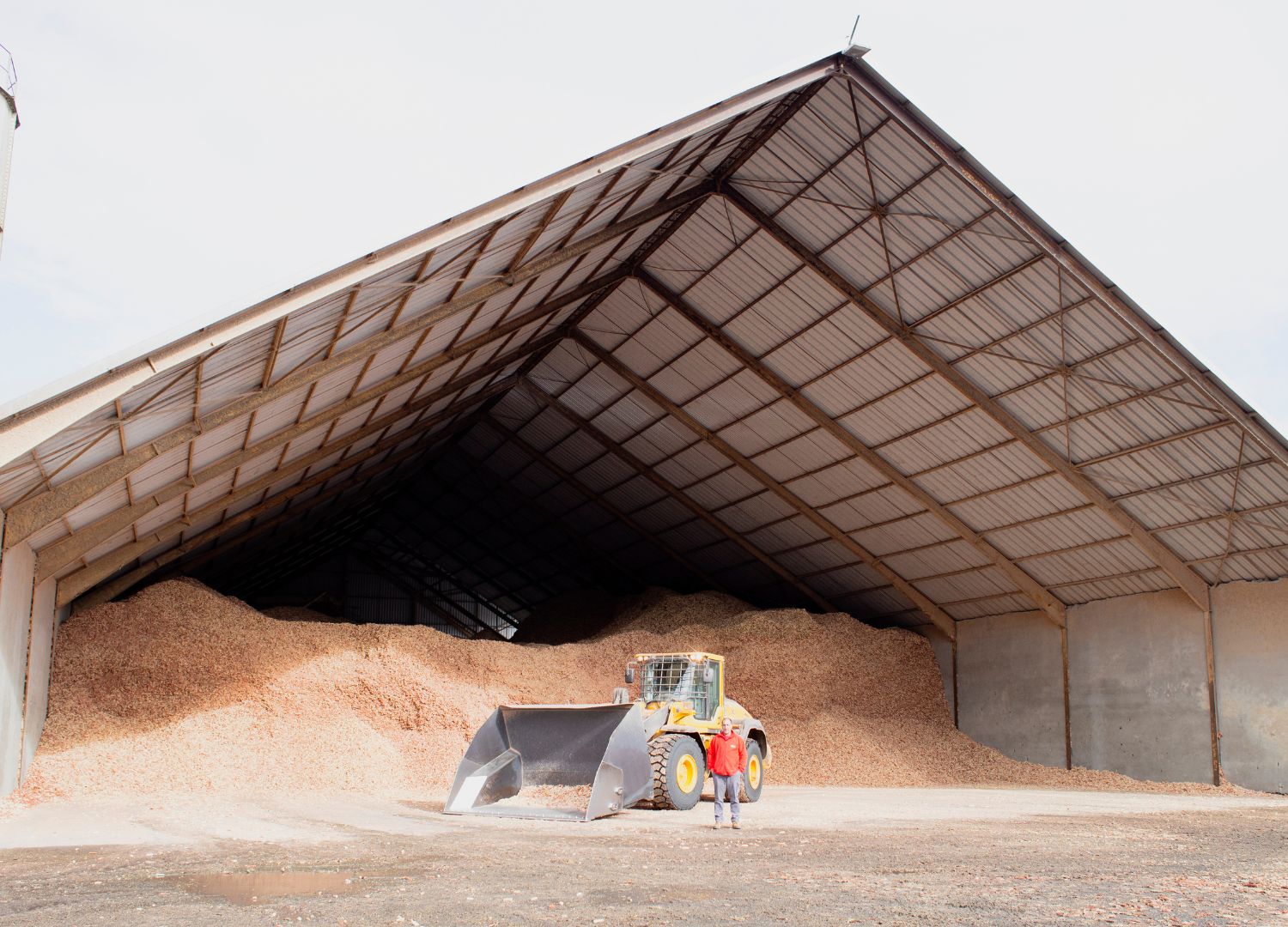
The creative touch: Studio Nina van Bart’s influence
The CornWall collection benefits from the creative and strategic direction of Studio Nina van Bart, a forward-thinking design studio known for its colorful, tactile, and high-quality functional designs. The Studio specializes in redefining materials for ambitious brands, and their involvement in curating CornWall ensures that this sustainable material also boasts a visually appealing aesthetic.
The CornWall advantage: a material like no other
Overcoming scarcity – this solution addresses the challenge of sourcing abundant raw materials that are renewable and can absorb CO₂. By utilizing corn cobs, widely available and otherwise often discarded, this innovative material is a game-changer in the quest for sustainable construction.

Organic waste transformed – CornWall takes organic waste from corn cobs and transforms it into climate-positive design. Instead of being left on fields, fermented, or burned as biomass, these corn cobs find new life as a superior alternative to ceramic wall cladding or less sustainable composite materials like HPL.
Biodegradable and reusable – It not only stores more CO₂ than is emitted during production due to the absorbed CO₂ during the corn cobs’ growth but is also biodegradable or 100% reusable. With a demountable anchoring system, it can be easily removed from interiors, eliminating end-of-life waste.
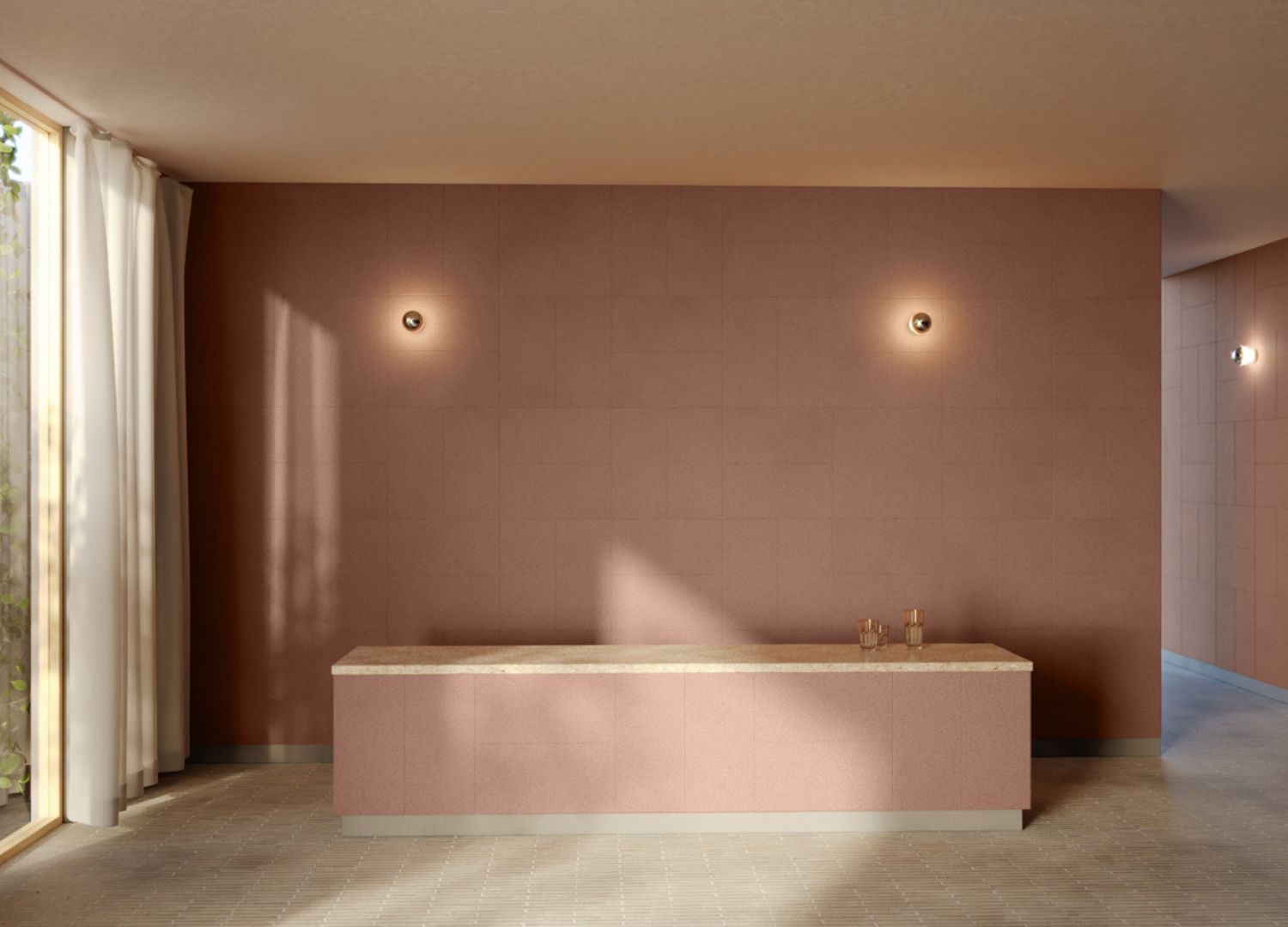
CornWall stands as a beacon of innovation in sustainable construction. Crafted from organic waste, powered by renewable energy, and curated by visionary designers, it offers not just an eco-friendly alternative but a glimpse into the future of responsible architecture.
As we move towards a more sustainable world, materials like StoneCycling‘s CornWall remind us that even the walls we build can contribute to a greener, more harmonious future.







